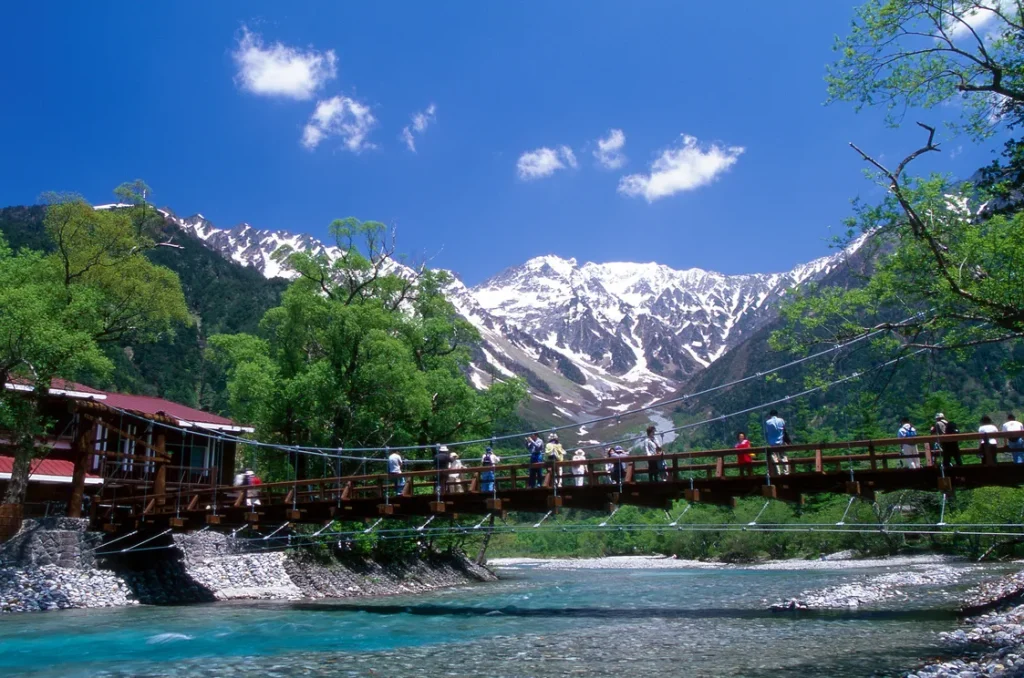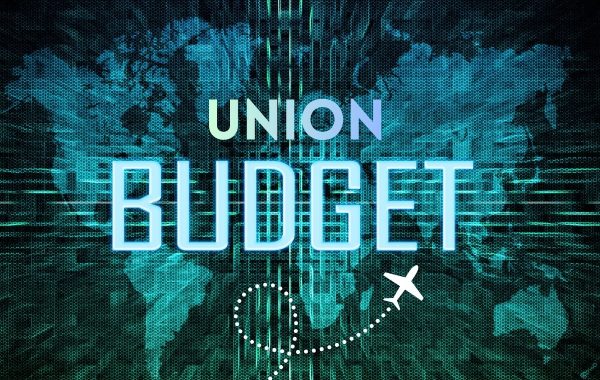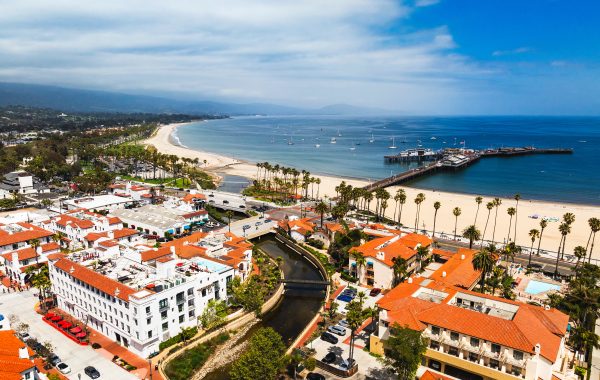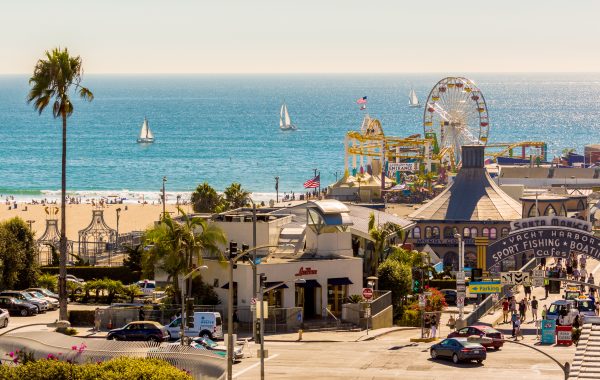On World Environment Day, the spotlight is often fixed on the environmental crises threatening our planet—deforestation, climate change, pollution. But 2025 brings a sharper focus. With this year’s theme, “Putting an End to Plastic Pollution,” the UNEP-led #BeatPlasticPollution campaign urges citizens, businesses, and governments alike to act decisively.
And while the conversation is global, a handful of countries have moved from talk to transformative action. They’ve embedded sustainability into public behavior, policy, and national identity—making them not only leaders in waste management, but also compelling destinations for eco-conscious travelers.
If you’re planning your next trip, consider visiting these eight countries that have made sustainability part of the journey.
Japan: Discipline, Design, and Deep Respect for Waste
In Japan, even waste disposal feels like an art form. The country has built a highly structured system that encourages 80% of the population to sort their waste into at least ten distinct categories. The result: an 80% plastic recycling rate, making Japan a leader in plastic reprocessing.
Introduced in 2022, the Act on Promotion of Resource Circulation for Plastics is Japan’s most recent step forward. It asks manufacturers to rethink design—from product packaging to material sourcing. The goal? Make everything easier to recycle and ensure at least 60% of plastic products use biodegradable or recycled content.
Why go: Travelers will notice spotless streets, meticulous organization, and public signs reminding everyone of proper disposal etiquette. From Kyoto’s temples to Tokyo’s markets, Japan is where modern life meets mindful living.
Also Read: The 10 Best Things To Do in Japan for Every Kind of Traveler
Rwanda: Where Plastic Bags Are History—and Cleanliness Is a Civic Badge
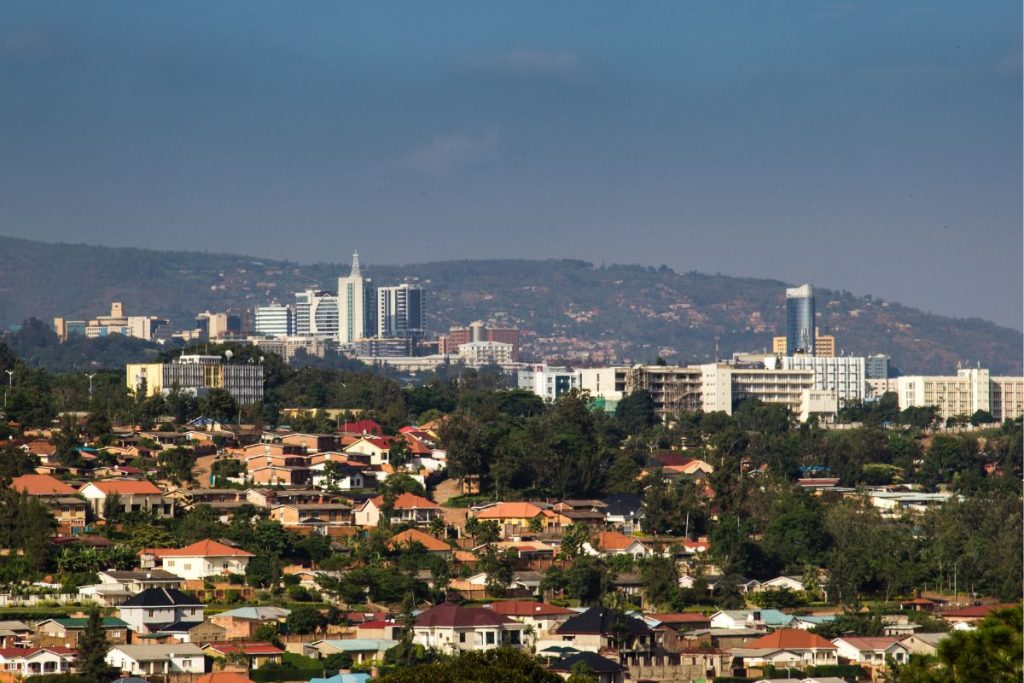
Touch down in Kigali, and before your luggage is scanned, you’re greeted by signs banning non-biodegradable polythene bags. This isn’t a symbolic gesture—it’s enforced. Border officers will confiscate any plastic bags brought into the country.
Rwanda made global headlines in 2008 by banning plastic bags entirely—one of the first countries in the world to do so. But this wasn’t a sudden shift. A 2003 investigation by the Ministry of Health exposed the devastating impact of plastics: blocked waterways, damaged crops, and threats to aquatic biodiversity. That revelation sparked action, and over time, Rwanda extended its ban to other single-use items like plastic bottles, straws, and cutlery.
Today, Kigali is recognized as the cleanest city in Africa. It’s a place where civic pride and environmental protection go hand-in-hand. Inspired by Rwanda’s lead, 34 other African nations have introduced their own plastic bans.
Why go: Rwanda offers travelers a rare chance to see what genuine environmental stewardship looks like. From gorilla treks in Volcanoes National Park to spotless city streets, every moment reflects a culture of conscious care.
Check Out: Travel Guide: 24 Hours in Kigali, Rwanda
Germany: Where Recycling Is a Way of Life

Germany doesn’t just promote recycling—it has made it second nature. With a national recycling rate of 67%, the country boasts one of the most advanced waste management systems in the world.
The secret? A combination of smart legislation and public participation. The Packaging Act of 2019 requires producers to pay for the recycling of their packaging, nudging them to use less plastic in the first place. Then there’s the wildly successful Deposit Return System, where consumers receive a refund when they return used packaging. Thanks to widespread awareness and convenience, 98.4% of bottles and cans are returned.
Why go: Whether exploring Berlin’s trendsetting urban neighborhoods or hiking through the Bavarian Alps, you’ll witness a country where eco-logic is built into daily life. Germany is proof that a modern lifestyle and environmental responsibility can coexist beautifully.
You May Also Like: 72 Hours in Frankfurt, Germany | Travel and Food Guide
Sweden: Waste That Heats Homes and Fuels Progress
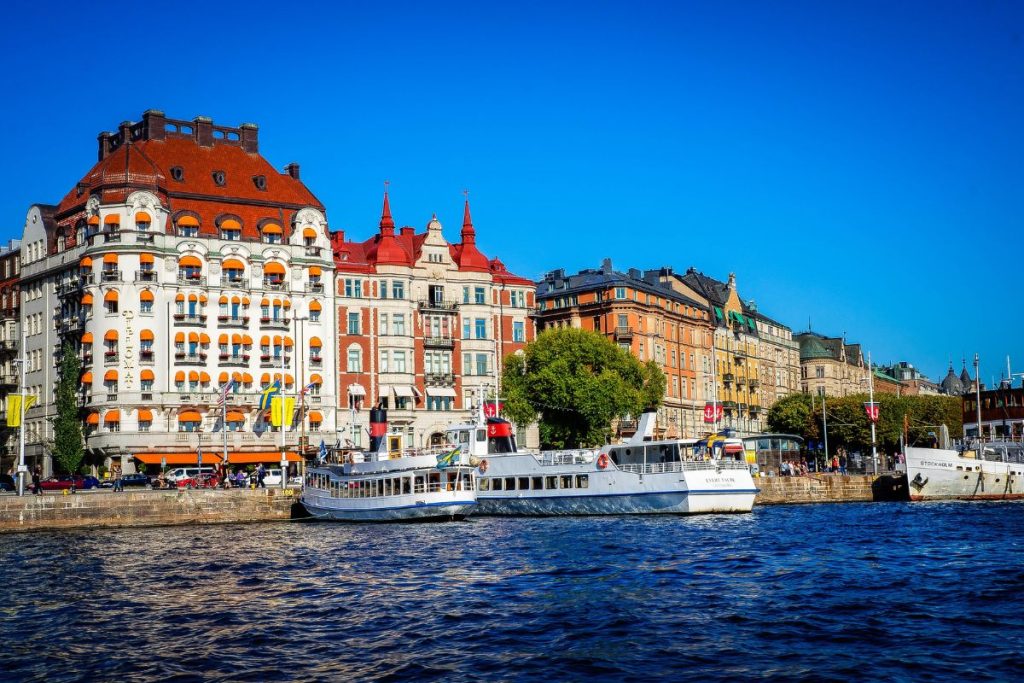
In Sweden, garbage is less of a problem and more of a power source. Thanks to a Waste-to-Energy program dating back to the 1940s, about 52% of Sweden’s waste is converted into energy, with another 47% recycled. Just 1% ends up in landfills—a figure most countries can only dream of.
This system is bolstered by underground waste collection points, which reduce transportation emissions, and a national investment in toxin-free products and circular economy practices. Sustainability isn’t just a campaign—it’s a way of designing cities, products, and policies.
Why go: Visit for the Nordic design and pristine landscapes; stay to see how entire cities can function without compromising their environment. From Stockholm to Malmö, Sweden’s waste management model is both an education and an inspiration.
Must Read: Things To Do in Sweden’s Gothenburg for Every Kind of Traveler
Brazil: Incentivizing Waste Reduction One Token at a Time

In Brazil, recycling isn’t just encouraged—it’s rewarded. Citizens can bring recyclable waste to designated centers in exchange for tokens that can be used for food or public transport. This not only incentivizes sustainable behavior, but also makes recycling economically inclusive.
Brazil’s 70% waste recycling rate is fueled by widespread community participation and government-backed reusing initiatives. It’s an impressive feat for a country of its size and complexity.
Why go: From the beaches of Rio to the vibrant culture of São Paulo, travelers can see a grassroots recycling revolution in motion. Waste is no longer an afterthought—it’s part of the national identity.
Wales: A Small Nation With Big Green Ambitions

Wales has made remarkable progress in waste reduction through a focus on public education and community sorting. About 65% of its waste is recycled, and the country aims to reach 70% by 2025.
In most Welsh councils, residents sort their own waste at home, while others are supported by local authorities. This collaboration is backed by specialized recycling plants that process a wide range of materials—from paper and glass to metals and plastics.
Why go: With its dramatic coastlines and cozy villages, Wales charms visitors—while showing them how small nations can lead on big issues like waste. A trip here is both a scenic escape and a sustainability case study.
Switzerland: High Fines, High Compliance, Low Waste
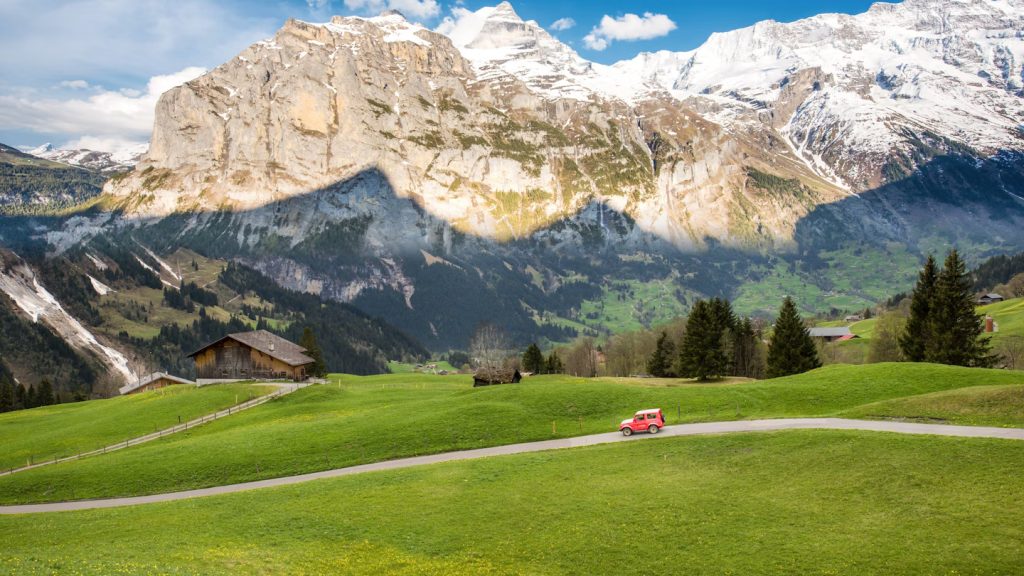
Switzerland has made recycling an obligation, not an option. In Zurich alone, there are over 12,000 recycling points, and failure to recycle can lead to hefty fines.
The result? A 50% recycling rate, achieved through a mix of door-to-door collection and public drop-off points. Nearly zero waste ends up in Swiss landfills.
Why go: The Swiss Alps may draw nature lovers, but the country’s civic discipline will impress anyone with an eye for environmental policy. From train stations to hotel lobbies, you’ll find recycling bins as common as chocolate shops.
Must Read: The Ultimate Switzerland Travel Guide
Costa Rica: Where Nature and Policy Go Hand in Hand
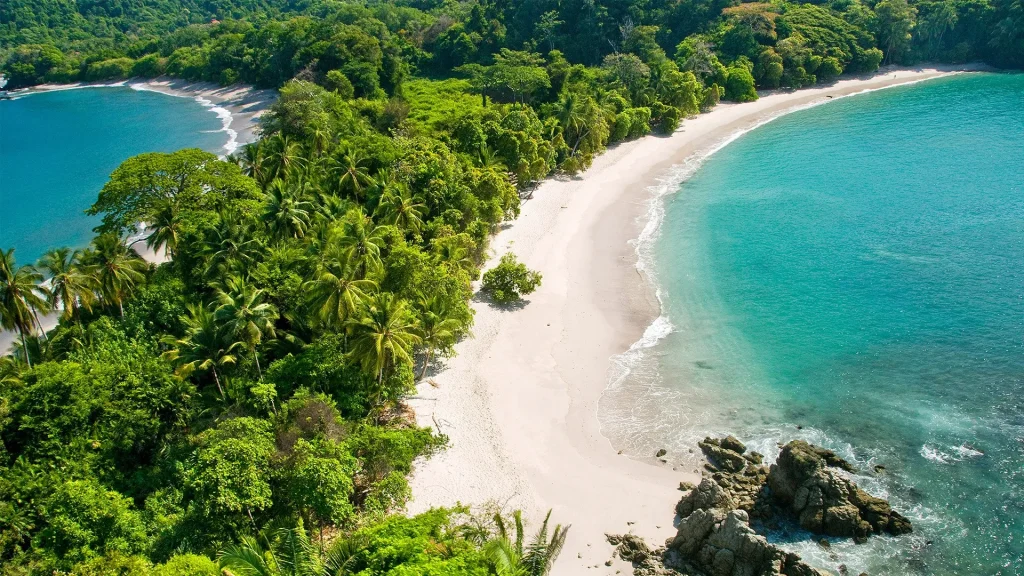
Famed for its biodiversity, Costa Rica has turned environmental protection into national policy. A recent ban on single-use plastics requires both importers and manufacturers to reduce waste and switch to recycled resins or sustainable materials.
Costa Rica is also investing in biodegradable packaging research, pushing innovation that goes beyond short-term fixes.
Why go: Explore lush rainforests, wildlife reserves, and volcanic landscapes while learning how national policy supports long-term preservation. Costa Rica is living proof that sustainable travel and eco-policy can reinforce each other.
Travel with Purpose This World Environment Day
As World Environment Day calls for global action against plastic pollution, these eight nations have already shown what’s possible. They offer more than beautiful destinations—they provide blueprints for living lighter on the planet.
So, whether it’s watching gorillas in Rwanda, sipping coffee in Berlin, or exploring Tokyo’s meticulous recycling stations, consider this: your next vacation can be part of the solution.
For latest travel news and updates, food and drink journeys, restaurant features, and more, like us on Facebook or follow us on Instagram. Read more on Travel and Food Network
Book Your Travel Packages
9 Day Switzerland Tour of Zürich, Zermatt, St. Moritz and Lucerne
10 Day Europe Tour of Germany, Czech Republic, Hungary and Austria


